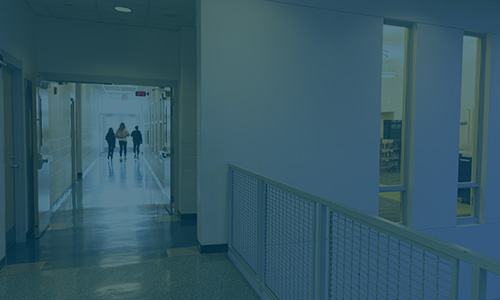From the Capitol to the classroom
Gain insights from policy, advocacy, research, and statewide assessment experts from NWEA and across the nation as they examine complex challenges in education and illuminate opportunities for federal and state leaders to ensure that all students have excellent opportunities to learn.

WEBSITE
From Congress to the classroom, a focus on all kids
Through our policy and advocacy team, we advocate for effective policy that will expand excellence and equity, from preschool through post-secondary education.

RESEARCH BRIEF
Pandemic gaps persist, pointing to a long road ahead
In the 2023-24 school year, academic growth fell short of pre-pandemic trends in nearly all grades. This continues a worrisome trend and shows that pandemic recovery remains elusive—with marginalized students having the most ground to make up.

RESEARCH REPORT
Learn about COVID’s impact on science achievement
Building on our previous research on math and reading achievement, we studied how the pandemic influenced student achievement in science. The results showed evidence of uneven recovery by spring 2024 across the elementary and middle grades.